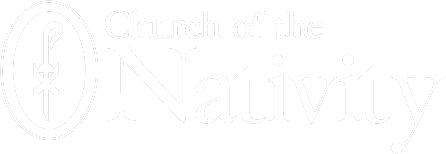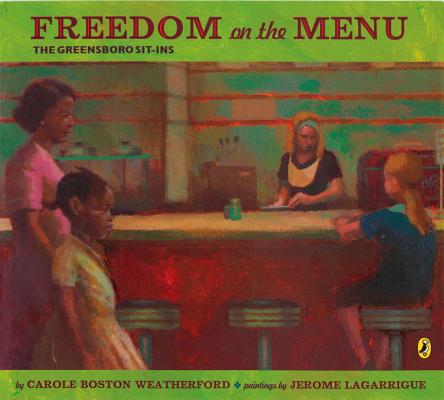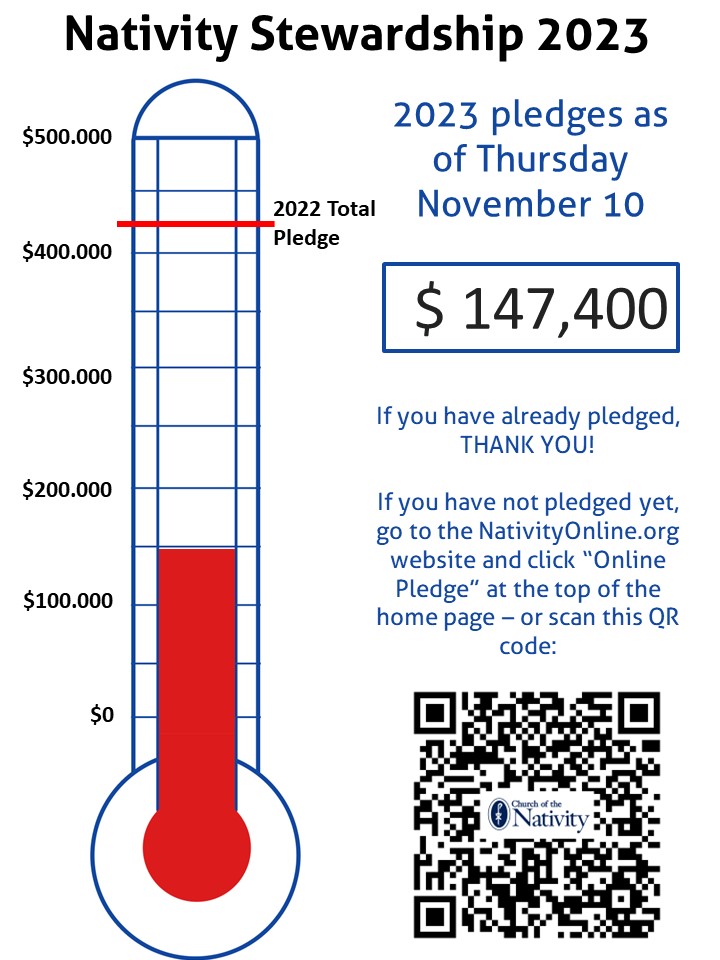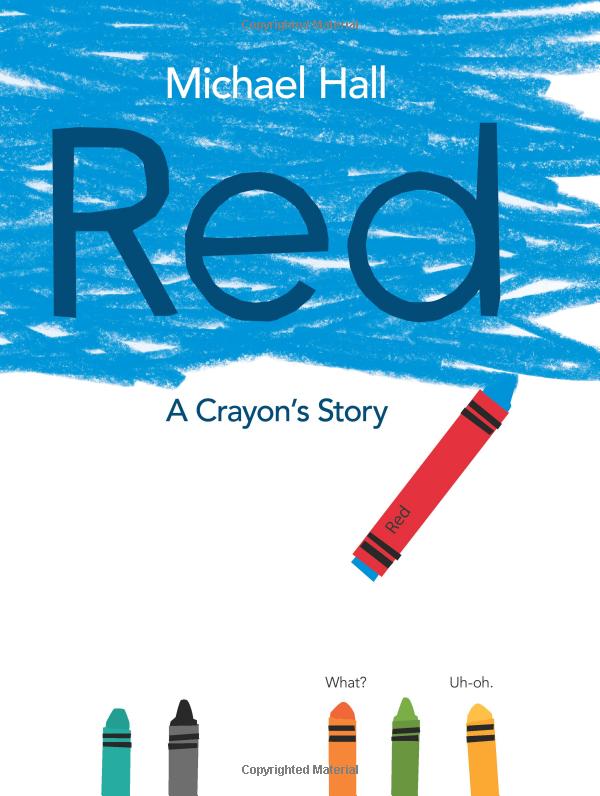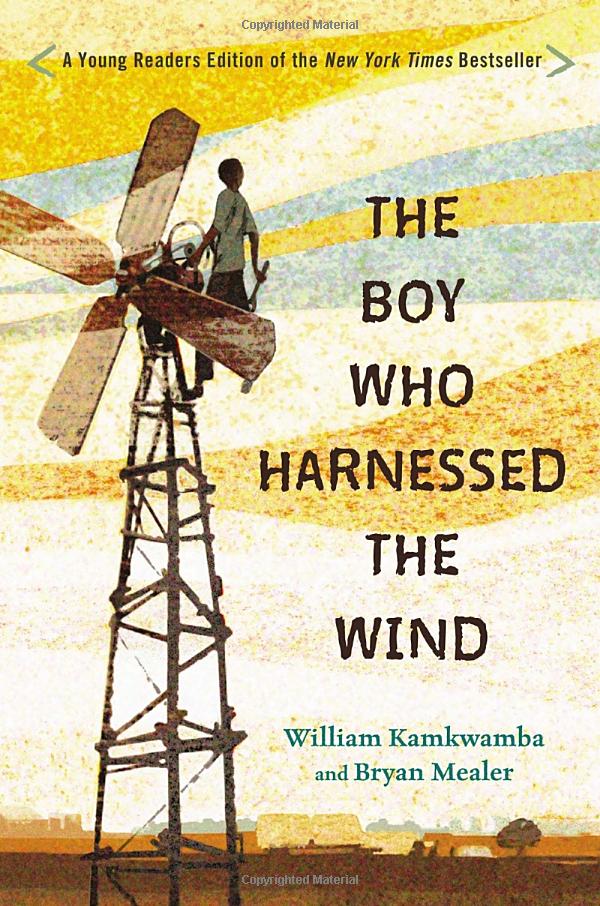Freedom on the Menu: The Greensboro Sit-Ins
by Carole Boston Weatherford
review by Beth Crow
YouTube Reading of this book (4:11)
Sixty-three years ago — on February 4, 1960 — African-American students staged a sit-in at a segregated Woolworth’s lunch counter in Greensboro, North Carolina, an act that began a national movement protesting segregation. Freedom on the Menu recounts the events of the seven-month protest, told through the perspective of an elementary-age child.
Often we associate the Greensboro Sit-ins with only the four black college students from North Carolina Agricultural and Technical College. Weatherford accurately illustrates how the support and involvement of more than 300 other college and high-school students, as well as people in the community — both at the lunch counter and outside the Woolworth’s — led to the beginning of integration throughout the country.
Discussion Questions
• Ask your child if they have ever really wanted something or wanted to do something but the rules prevented them from doing it. An example might be having to be a certain height to get on some rides at an amusement park, or not being allowed to play a sport because of their gender. Ask them how that made them feel. Explain how 60 years ago, and before, African American people were not allowed to go many places white people went, even to drink from the same water fountain as white people. If your child is old enough to understand, tell them this is called segregation or “Jim Crow” laws.
• Though Connie was too young to participate in the sit-ins or marches, her sister found a way she could contribute. What did Connie do to help her sister when she protested?
• You might also read Sit-In: How Four Friends Stood Up by Sitting Down
Go Deeper
• Connie’s mother told her, “Some rules need to be broken.” What did she mean? Ask your child if he or she can think of any rules or laws they think need to change. Discuss with your child how he or she can voice their opinions and concerns. • Ask your child what he or she might write on their protest sign.
• Ask your child why they think Connie’s sister did not want her father to get her out of jail.
• The Greensboro Sit-ins helped change unjust laws that had been in place for hundreds of years, a movement involving more than 300 people, young people who simply stood and sat in protest without any form of violence on their part. What can we learn from their examples? (nonviolence, strength in numbers, patience, faith)
• Ask your child if they think the rules would have changed at the Woolworth’s if it had been just one day with the four male students.
Spiritual Reflections
Throughout his ministry, Jesus talked about following the will of God and being discerning about the laws of man. Read the following New Testament Scriptures with your child and talk with them about God’s vision of Beloved Community. Rev. Martin Luther King Jr. popularized the term Beloved Community during his lifetime of activism. Fueled by his faith that such a community is possible, he imbued it with new meaning: a community in which everyone is cared for, absent of poverty, hunger, and hate.
